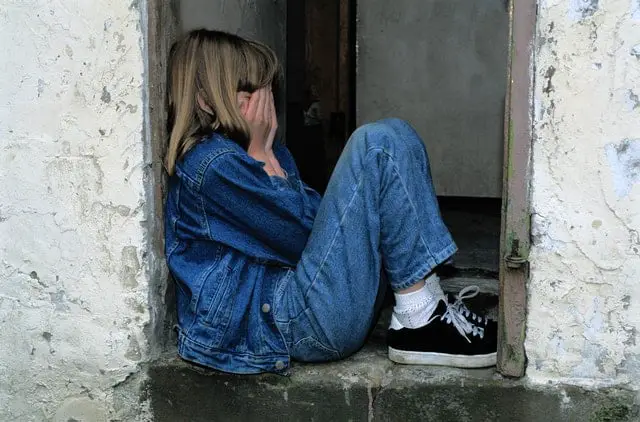As an adult it can be difficult asking for help when life gets tough. As a child who isn’t yet mature enough to understand and deal with their difficult feelings, it can be even harder.

When a child is unhappy they often express this unhappiness through acting out with behavioural issues. They might start misbehaving in school or start fights with other children for no particular reason.
Other children who are experiencing problems might hide away in a shell. A child who doesn’t yet understand the world around them and is at the mercy of their parents and the people guiding them along their life path might feel more secure when they block out the world around them altogether
How do I know when a child needs therapy
A child isn’t going to make the decision that they need therapy. It is usual a parent or teacher that notices something isn’t quite right with the child and someone usually tries to speak to them to encourage them to share their feelings.
If the child trusts their parent or teacher and is willing to open up to them, this form of talking therapy can make all the difference. When the problem persists and the child becomes depressed or is really struggling emotionally it is often a good idea to try and find a therapist who has experience working with children.
A therapist can help a child to keep track of their emotions, reduce their stress levels and develop a plan that will help them keep on top of their difficulties.
How to choose the right therapist for a child
There are lots of different therapists so finding one that specialises in children’s mental health problems is very important. Communicating with a child is very much different than communicating with an adult.
Children are still trying to make sense of the world around them whilst learning and experiencing new situations daily, so a therapist needs to understand this.
It is a good idea to seek the guidance of a school counselor firstly because they should be able to communicate with the child’s teachers and make any necessary arrangements to make school life more comfortable for them.
Ask around amongst other parents to see if they know of any good counsellors. A word of mouth recommendation is much easier to trust, especially if your friends child has had a good experience with that therapist.
When you find a recommended therapist make sure you ask them about their experience with children. You must make sure their qualification is in an area of counselling / therapy relevant for children’s mental health issues. If they have lots of experience with children they will have more techniques to help and be able to quickly understand what the child is experiencing and why.
Moving forward after therapy
After having therapy make sure to try and open more regular communication with the child. They need to know that they can trust and be able to express their feelings and emotions safely with the people closest to them. Therapy is only the beginning or a journey that leads towards better communication, more self awareness and increased confidence.
